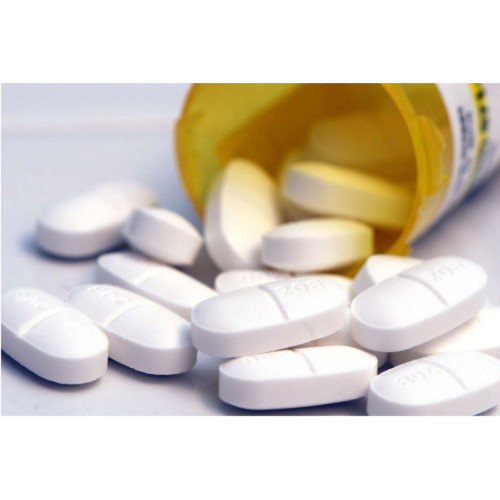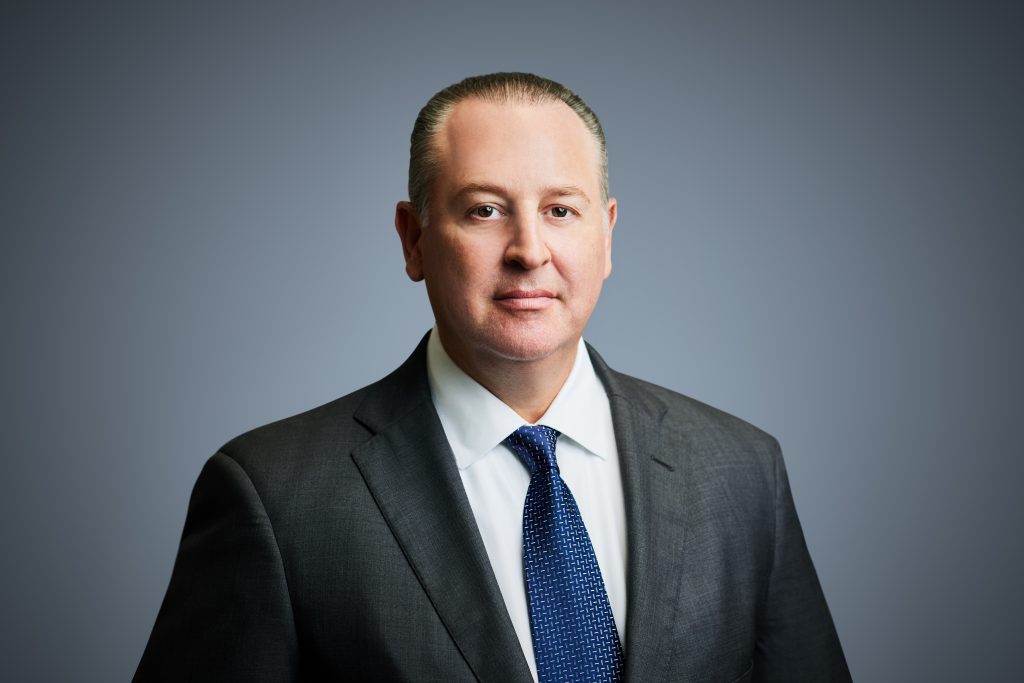
Expert: Opioid-Related Lawsuits ‘Against Retail Pharmacies Are Now Coming to the Forefront’- Part 1
 Mar 21, 2022
Mar 21, 2022
Pharmacy Times interviewed Jeffrey B. Simon, JD, co-chair of the National Opioid Litigation Conference and a lead negotiator for the many local districts participating in the historic settlement in a multi-district opioid lawsuit in Texas.
Jeffrey B. Simon, JD, co-chair of the National Opioid Litigation Conference, discusses the historic settlement in a multi-district opioid lawsuit in Texas.
Alana Hippensteele: So, Jeffrey, who were the plaintiffs in this case, and why was it a suit taking place in multiple districts in Texas, specifically?
Jeffrey B. Simon: Sure, the suit was brought individually by different counties and cities throughout the state of Texas and the issue is that Texas is not an expanded Medicaid state. Dallas County, one of my clients, is one of the most underinsured counties in the whole country. Because of that fact, people who are suffering from opioid addiction often do not have access to paid health care.
The burden of dealing with the opioid epidemic, especially on behalf of the indigent, often falls upon local government. What we have in Texas, just as we do throughout the country, is a devastating opioid epidemic, which causes not only enormous human suffering, but great economic burden—burden that falls on taxpayers at the local level. So, counties and cities across the state of Texas brought claims against drug companies that started and fueled this opioid epidemic, to recover monies they have lost when having to combat it, as well as for the purpose of obtaining the resources for opioid harm reduction programs, which they desperately need.
Alana Hippensteele: Right. Were there court proceedings before the settlement was reached, and if so, how long were these proceedings and why was the settlement the direction the suit took?
Jeffrey B. Simon: Sure. So just as we have a federal statute, we also have in Texas, by state statute, a procedure for the creation of multi-district litigation. In other words, where you have a mass tort, you have individual claims brought in great number, where there are common questions of law and fact, and you would therefore have duplicative and expensive real litigation of the same or similar issues.
We have a procedure which is intended to save resources and yield consistent results for the creation of a state multi district litigation to handle those pretrial issues that are common to all similarly situated plaintiffs and defendants.
So, in 2019, opioid drug companies that have been sued by several different counties and cities in the state of Texas move for the creation of an opioid [multidistrict legislation (MDL)], a consolidation of pretrial issues in a single court, which ultimately landed before Judge Robert Shaffer in Harris County, which is Houston, Texas.
When that happened, I and other lawyers who represented counties across the state of Texas, formed a practice group. In other words, if these issues are going to be tried commonly, then we should work together. And we did that.
We formed a leadership committee called the plaintiff steering committee, and I was elected chair of that committee. So, I chaired this group of law firms whose job it was to fund and work up cases in the opioid MDL in Texas for trial, the first of which that was selected by Judge Schaefer was the Dallas County case, which is one of my clients.
So that case was set for trial on February 7 of this year. So, it was a 3-year process, basically, where the selection was made and all the different pretrial issues were managed. We were now going to be on top of this trial setting.
We resolved the case, ultimately, with 6 out of the 7 corporate defendants, that’s companies in the opioid supply chain. Before trial, the trial has since been moved to July 11 of this year because of COVID-19. The court felt that this being the court in Dallas County where the case would have been tried that they couldn’t assemble a large enough jury pool at that time, but that in July, they would be able to do so.
The settlements that we executed were not just on behalf of Dallas County, they were on behalf of the state of Texas and all the political subdivisions within it. So, we and the other political subdivisions that had cases and the state of Texas formed a negotiation team, and a bond and a pledge to work together, which we executed, which resulted in much larger settlements that will do much better along with a comprehensive opioid harm reduction plan, which will be much more effective.
Alana Hippensteele: Right. What were some of the additional points of the settlement agreement of this suit and are the implications of this settlement local to Texas or potentially also national?
Jeffrey B. Simon: So, 2 of the settlements are similar in nature to a global deal that are national deals, which were negotiated and executed by the same defendants. That is, we have a statewide opioid settlement in Texas with Johnson & Johnson, which is not part of the national Johnson & Johnson deal that is negotiated by attorneys general across the state and participated in by many political subdivisions within those states.
Although there are similarities as well as significant differences from our Johnson & Johnson settlement to the national one, the overall methodology of the settlements is similar, but some key differences in Texas are that the money has already been paid. It is not contingent upon the global deal coming to fruition, it is not subject to any reductions or rebates of any kind over time, whereas the global deal has some of those features.
In a similar vein, we did a statewide opioid settlement in Texas with 3 wholesale distributors, AmerisourceBergen, McKesson Corporation, and Cardinal Health. Again, the Texas statewide settlement has some similarities methodologically to the one that has been executed more nationally, but it also has some key differences, including accelerated payment schedules that are not subject to what does or doesn’t happen in the global deal and so forth. We also executed statewide opioid settlements with other defendants with whom there is not now a national settlement that has been executed. And that includes Teva Pharmaceuticals and Endo Pharmaceuticals, both of whom were manufacturers of opioids.
Alana Hippensteele: Right. How many other cases like this are occurring throughout the country?
Jeffrey B. Simon: Well, there are about 3000 cases, which have been filed by political subdivisions across the country, where the allegations are similar in nature that certain drug companies, both knowingly and negligently, oversupplied opioid drugs in contravention of their duties not to do that. And the result of that oversupply is enormous public harm.
There are also states that have filed claims, although they differ in how they filed—some of them only sued Purdue Pharma, a company which has gone into bankruptcy and is now the subject of a reorganization plan. Others sued manufacturers, including but not limited to Purdue Pharma, but not wholesale distributors.
Other states sued some wholesale distributors and manufacturers. Very few states, if any, has sued retail pharmacies, although some political subdivisions have and in the federal MDL and now in state court litigation, cases against retail pharmacies are now coming to the forefront.
suggestions


Corralling the Pills: Rural East Texas Counties Take on Big Pharma Over the Opioid Crisis












Jeffrey B. Simon gratified by ‘opportunity to help people who deserve help and really need…












The 2020 Lawdragon 500 Leading Plaintiff Consumer Lawyers list Jeffrey B. Simon












Jeffrey B. Simon Honored Among Texas Legal Trailblazers for Work in Ongoing Opioid Litigation












Jeffrey B. Simon Top National Trial Lawyer Within U.S












Jeffrey B. Simon is listed Best Lawyer – 4 years in a row












West Virginia trial puts spotlight on sprawling opioid cases












Perrin Conferences Announces “The Opioid Litigation Conference” June 28 in Dallas, TX












